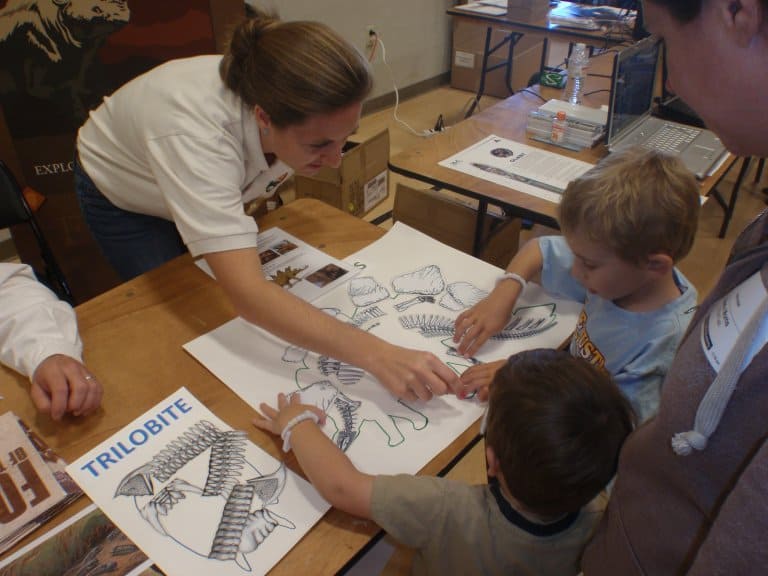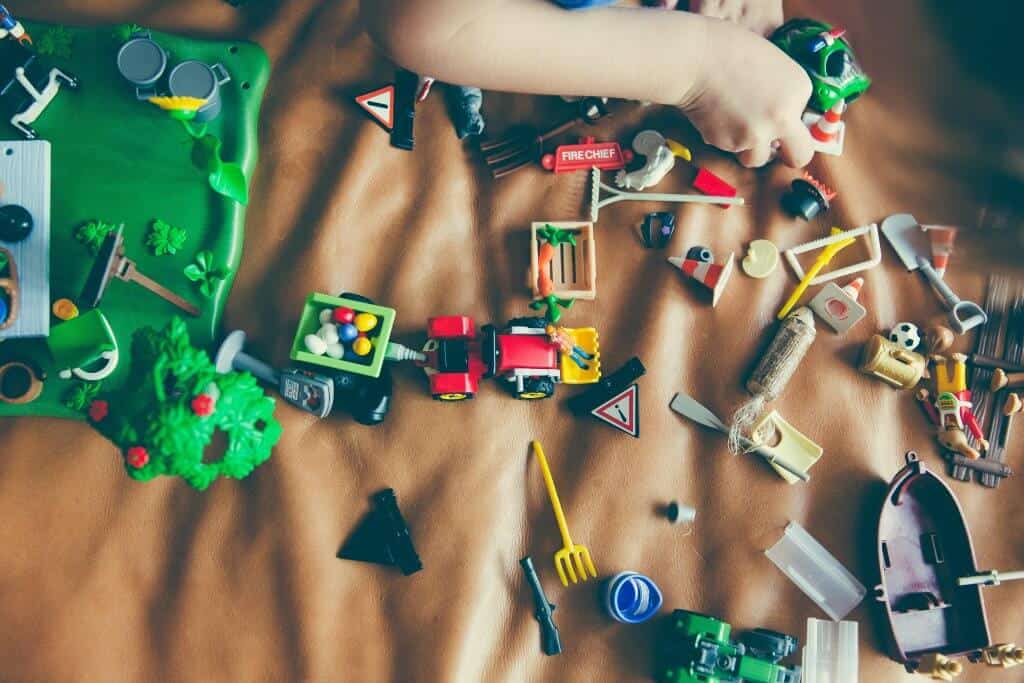The homeschool definition of education and learning

What is the objective of education?
The objective of education is often lost amidst tradition. People carry out their days through routine and structure. Most parents take their children to school every day at the same time, then go to work, then take their children home, etc. Education systems exist, but little thought is usually directed towards pondering its purpose. The objective of education is not teaching. The objective of education is learning.
The focus of traditional education
Traditional education emphasizes teaching. The assumption is that teaching correlates to learning in a way that is roughly 'part for part.' In other words, a certain amount of effort and time put into teaching should result in a set rate or 'amount' of learning.
Ironically, most "learning" done in the classroom is forgotten. The valuable skills that we use every day are the ones we learned at home, on the job, or during person to person interactions.
What is learning?

Nobody’s experience of ‘learning’ is the same. Learning means that a student (the learner) can recount an experience of the events that are involved in learning. A strict definition may hold that the learner must have the ability to recount all of the knowledge achieved. This more rigorous definition is rooted in literal retention and recitation. A less strict definition can describe the process as a subjective interpretation of events. The process of learning is then interpretation, and the goal is to better understand reality.
The neurological definition
The most scientific explanation of them all is the neurological perspective. This definition holds that learning is the process of the learner's activity transforming his or her nervous system. A change in neuron structure, activity, and connection is learning.
Traditional education's definition of learning
Public schools and traditional definitions of learning is essentially memorization. Because traditional education is focused on teaching and memorizing, the learning product is often very different from other educational systems. Critics of this school system argue that memorized facts are quickly forgotten. Students often realize that the more tedious memorization can be easily found with smartphones, calculators, or computers. Furthermore, when this information is tested, students have learned how to cram before tests. While they can recite facts on test day, they may not be retaining the material or 'truly' learning.
Alternative ways of learning
There are many ways of learning that are alternatives to the mainstream education. This is because there are many different ways of learning. Colleges and universities often require independent studies because a great deal of learning is actually done independently. Learning happens frequently and unintentionally during person to person interactions.
Hands-on learning is often cited to be the 'best' form of learning. Many people learn best by doing. There can be great benefits in messing up -- trial and error. One of the earliest forms of education was an apprenticeship. An apprentice learns by doing, following the instruction and guidance of the master.
Why should homeschoolers care about the definition of education and learning?
There are many reasons for homeschooling, but at the end of the day, the child’s education is now the responsibility of the parent. The supposed purpose of public school, private school, and homeschooling is education. A homeschool parent’s task is to translate the idea of ‘education’ into practice.
Parents that switch to homeschool often believe that home education creates a more natural and organic learning environment. Less conventional methods of homeschooling, like unschooling, take this idea even further.
Homeschoolers commonly feel the need to justify why they chose to homeschool. If one holds that education is about learning and that learning is not necessarily memorization, one can easily justify homeschooling as an alternative option. Quite possibly, a better option.
Sources and References:
Learning Strategies and Learning Styles by Ronald R. Schmeck was inspirational for numerous aspects of this article. You can view or purchase the book on Amazon.com.
Learning Styles & Strategies by Harvey F. Silver was also referenced. You can view or purchase the book on Amazon.com.






